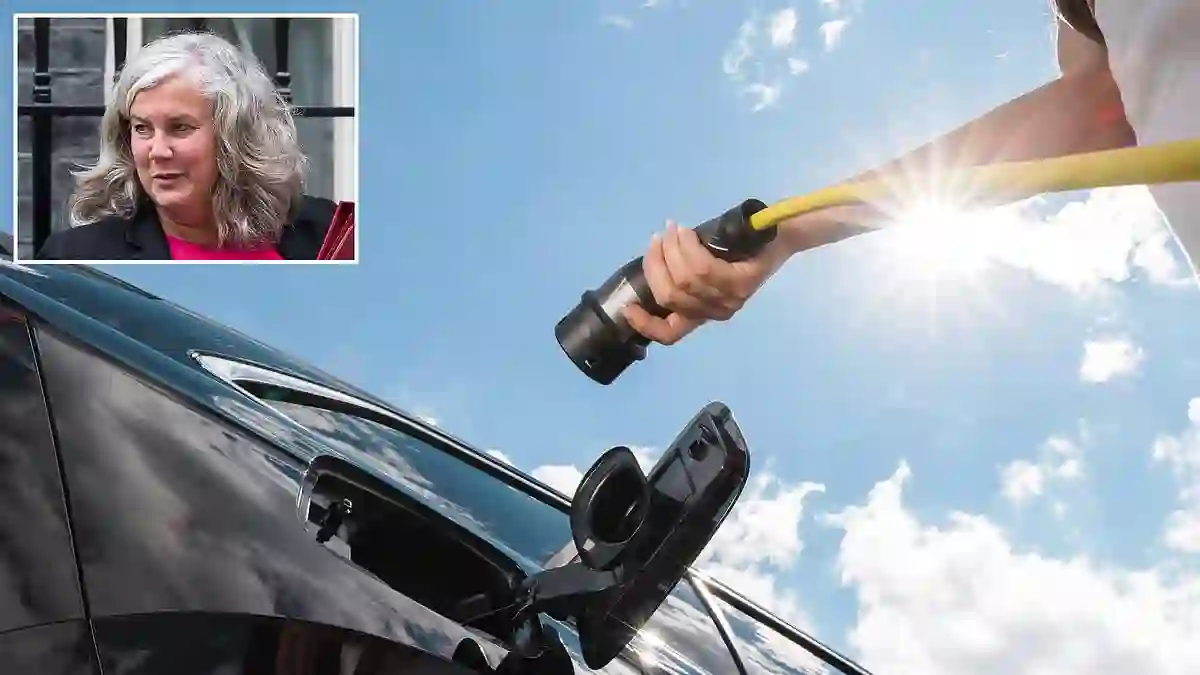The road to a greener Britain just got a little cheaper — at least for some drivers. In a bid to speed up the country’s shift to cleaner transport, Labour has unveiled plans to expand the number of electric car models eligible for taxpayer-funded discounts.
The move is part of the government’s drive to hit its ambitious Net Zero targets, but it’s already sparked a political row.
Discounts on Popular Models
The Department for Transport (DfT) has confirmed that certain Nissan, Renault, and Vauxhall electric cars will now qualify for a £1,500 discount.
This is thanks to a £650 million electric car grant scheme, which allows drivers to save either £1,500 or £3,750 when buying new electric vehicles priced at £37,000 or less.
The amount depends on the car’s environmental credentials — with the greenest models placed in band one, while slightly less efficient ones sit in band two.
So far, no band one cars have been revealed, and Chinese-manufactured EVs are not expected to make the cut.
Manufacturers will need to apply to have their vehicles included in the scheme before drivers can benefit.
Tory Criticism Over Funding
Not everyone is impressed. Tory transport spokesman Richard Holden blasted the plan as “deranged,” accusing Labour of handing millions in taxpayer money to foreign car companies for vehicles built abroad.
He argued that the rollout had been “confused” and that the incentives were poorly thought through, claiming the government’s focus was more on ideology than on helping struggling taxpayers.
Zero Emission Targets
The grant scheme ties into Labour’s broader green policy goals, particularly the zero emission vehicle (ZEV) mandate.
Under this rule, at least 28% of all new cars sold in the UK this year must be pure electric.
At the halfway point of the year, the national figure stood at 21.6%, leaving manufacturers under pressure to pick up the pace.
The ultimate aim is to ban the sale of new petrol and diesel cars and vans entirely from 2030, forcing a complete transition to cleaner options.
Tackling the Cost Barrier
One of the main hurdles for drivers thinking about making the switch to electric has been the high upfront price.
The DfT says this scheme will help close the gap, bringing EV prices more in line with petrol and diesel vehicles.
However, funding will stay “under review” and could change depending on demand and budget.
Government’s Sales Pitch
Transport Secretary Heidi Alexander struck an optimistic tone, highlighting that 17 car models have already been added to the discount list this week.
“We’re delivering on our promise to make it easier and cheaper for families to go electric,” she said, framing the move as both an environmental and economic win.
